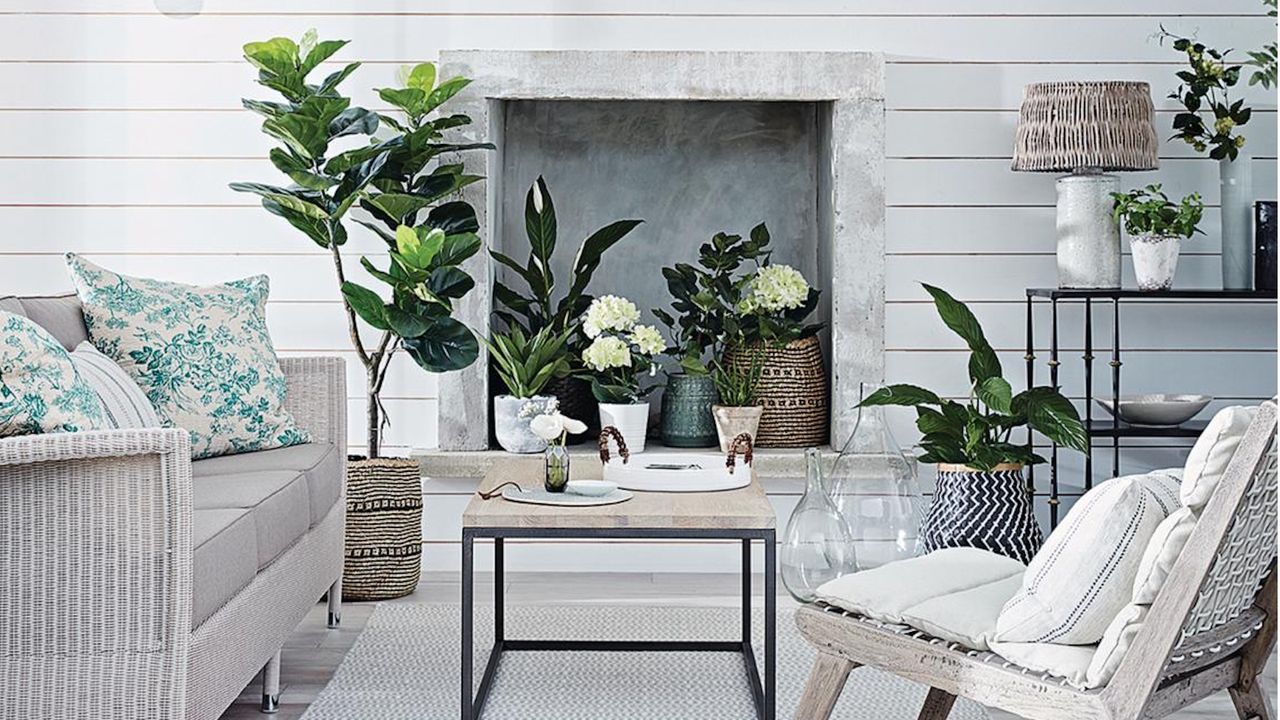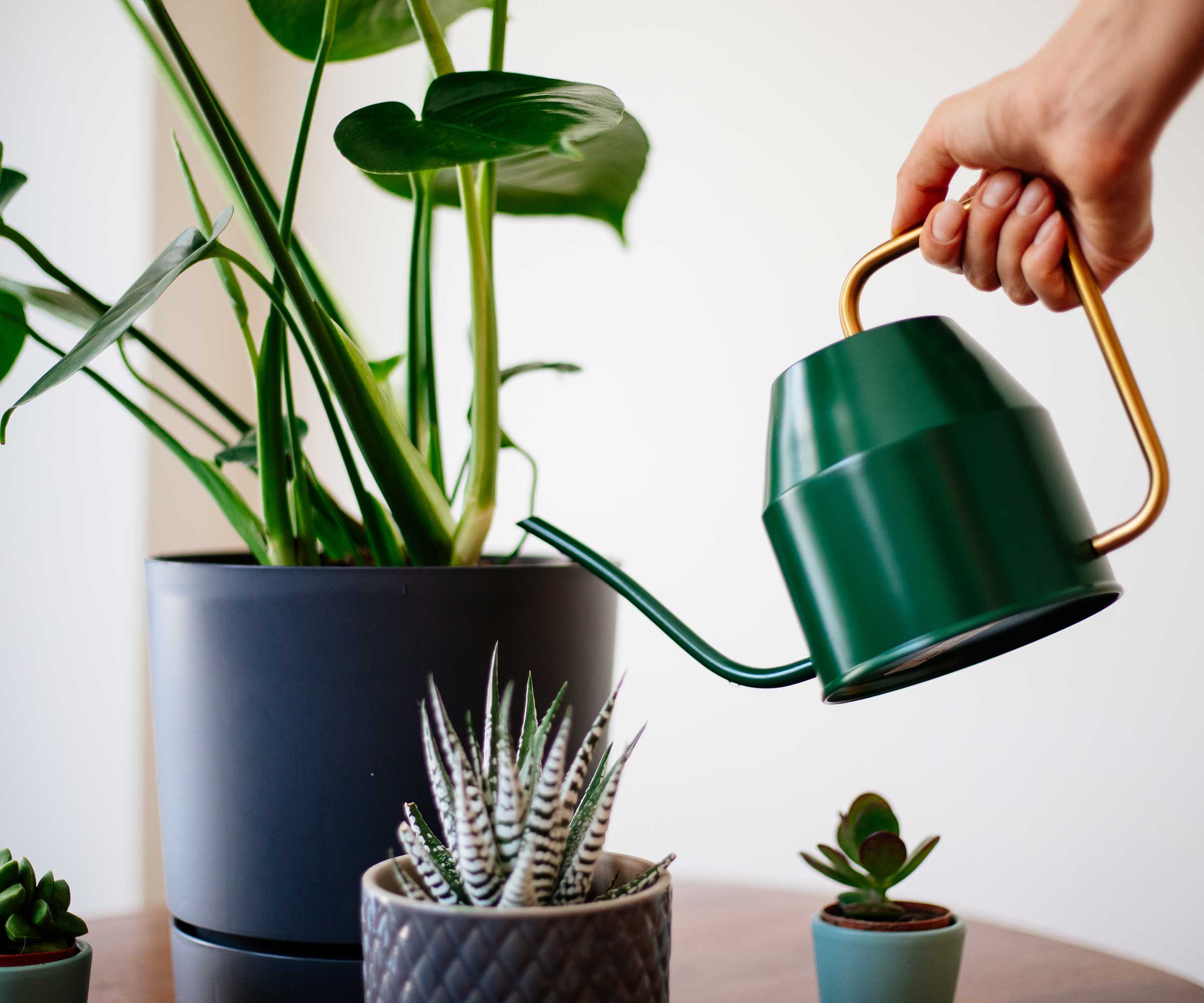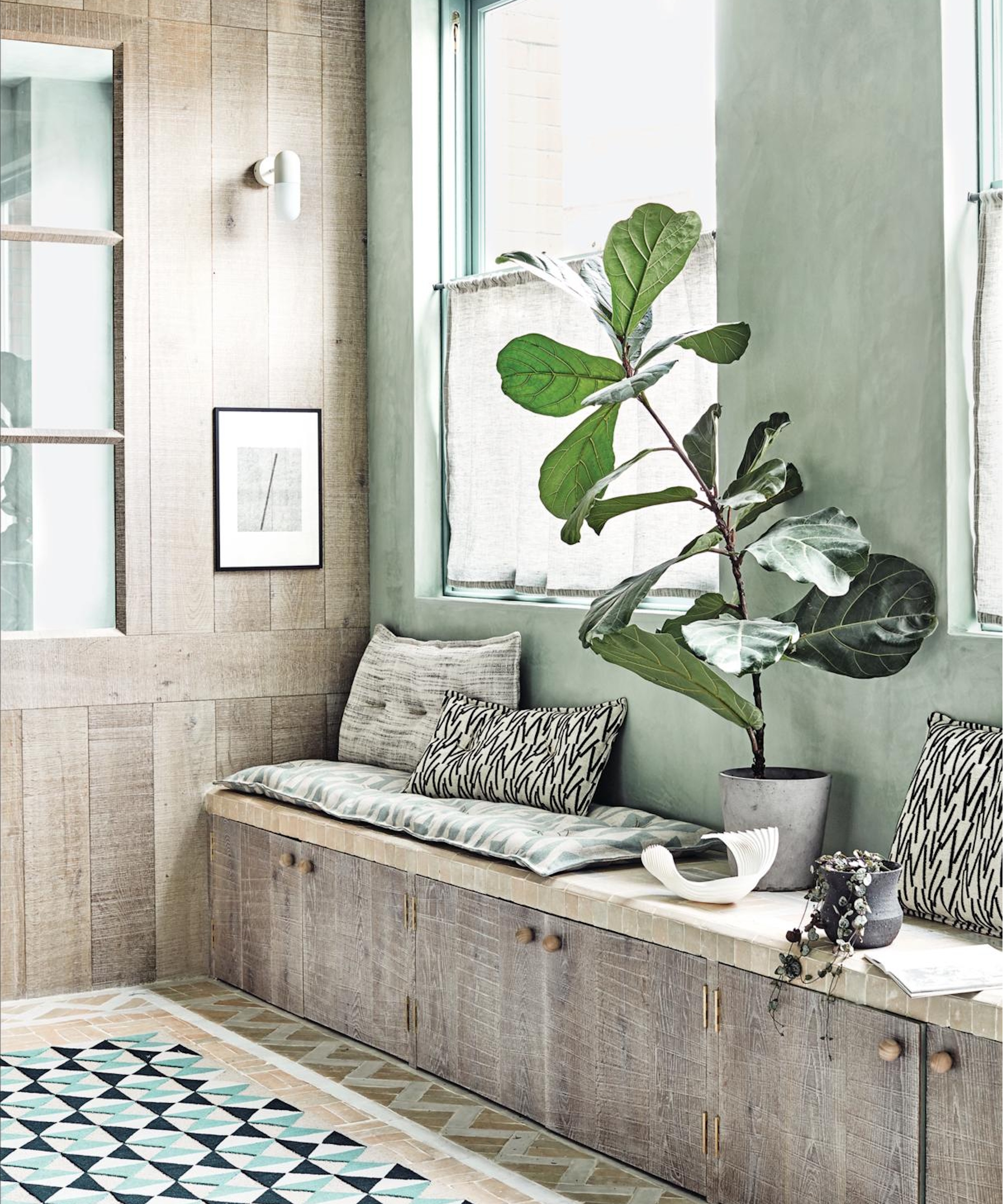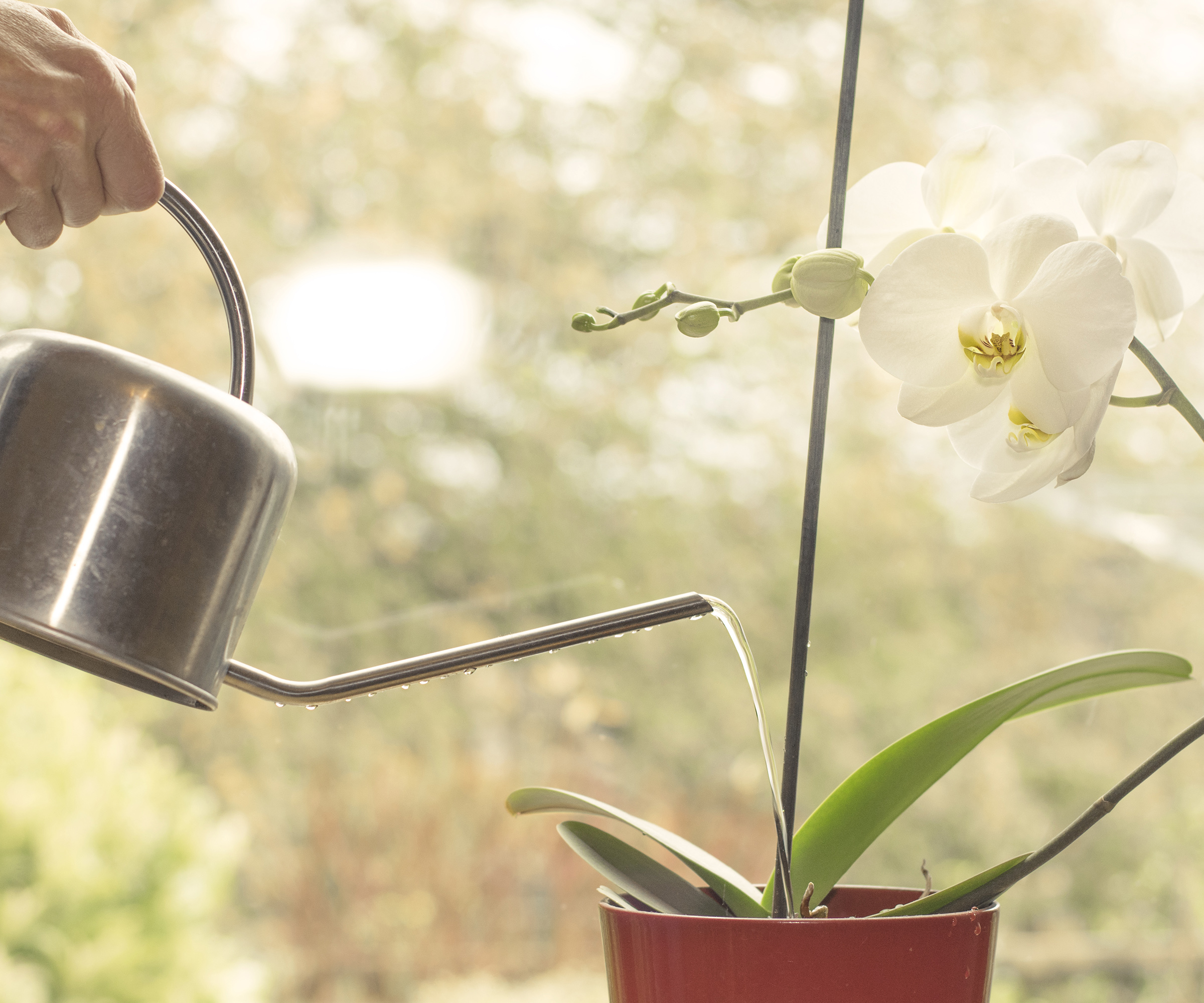
I've been collecting houseplants for a few years now and still continue to learn new things that help improve my plant care regime. Not too long ago, I discovered certain types of water can impact different plants in different ways.
I first started to research this when I spotted my rattlesnake calathea turning brown at the tips. Everything in its growing environment was up to scratch, so I knew it had to be a different issue. That's when I learned tap water can be bad for houseplants, particularly those indoor plants that are sensitive to environmental changes, like my calathea.
Since making adjustments and using filtered water, my calathea's foliage has been much more vibrant. The reason watering your houseplants with tap water affects some indoor plants negatively is due to the chemicals found in the water. Here, I take a closer look at this issue, sharing which plants are most affected and what kind of water to use instead.
Is tap water bad for houseplants?

The reason tap water can be bad for houseplants is all to do with how the water from our home faucets is treated.
'Municipal tap water often contains things like chlorine, chloramine, fluoride, and varying levels of dissolved minerals – like calcium and magnesium,' explains water treatment expert and owner of AquaZona, Martin Chan.
'While water from the city is treated to be safe for human consumption, the substances within it can accumulate in potting soil and cause harm to plants over time.
'The mineral build-up can alter soil chemistry, block essential plant nutrient uptake, and stress the root system,' Martin explains.
To see if your soil health and pH is being thrown off by chemicals, you can use this soil test kit from Amazon. It will also tell you more about the soil type you're using for your houseplants, so you can adjust accordingly to provide the best potting soil for your indoor plants.
Using water from your indoor faucet, therefore, can actually be a toxic gardening practice, infusing chemicals into your houseplant soil. The results can be anything from browning tips, to drooping foliage, and even wilting. It can also stunt growth as the build-up of minerals and salt makes it trickier for plant roots to take up nutrients for growth.
Which houseplants are sensitive to tap water?

Not all houseplants are impacted badly by tap water, but there are some specific ones that shouldn't be watered with it, if possible.
This includes:
All of the above popular houseplants are sensitive to the fluorides and other chemicals found in tap water.
You'll likely spot your calathea turning brown or your calathea leaves curling. Likewise, your asparagus fern may turn yellow, your orchid's roots may rot and cause dark patches on leaves, and the tips of your spider plant may turn brown – known as 'tip burn.'
With tap water being high in chemicals, you may also find your peace lily doesn't flower and its foliage may discolor.
What to use instead of tap water

For those houseplants severely affected by tap water, there are alternatives you can use to keep your plant hydrated. Not doing so can be a common indoor plant mistake, especially if your houseplant is showing signs of struggling with the water from your faucet.
'Both reverse osmosis water and distilled water are good choices for houseplants because they’re clean and neutral, helping to prevent build-up and support healthy root systems,' says Martin Chan.
You can purchase a reverse osmosis system from Amazon to purify the water from your faucet. This can be a little pricey, however, so you may find purchasing bottled distilled water from Walmart a more affordable option.
You can also use a water filter jug (from Amazon) to filter out the chemicals and make your tap water cleaner for your houseplants.
'Rainwater is another great option to use, if it's available,' Martin adds.
There are lots of rainwater harvesting ideas you could use, from a rain chain (from Amazon) to a rain barrel (from Amazon).
FAQs
Will tap water kill my houseplants?
No, it is very unlikely tap water will kill your houseplants. However, it can weaken the houseplants particularly sensitive to the chemicals found in treated faucet water. For this reason, it's sometimes better to use filtered and purified water to hydrate your plants.
As well as being aware that tap water can be bad for houseplants, it's important to understand the best watering techniques to use on indoor plants. I often find bottom watering houseplants helps prevent issues with over or underwatering and mold growth, for example.
Shop houseplant watering accessories:
This charming sage green watering can is ideal for watering houseplants. With a long, narrow spout, you can reach the center of the plant easily.







